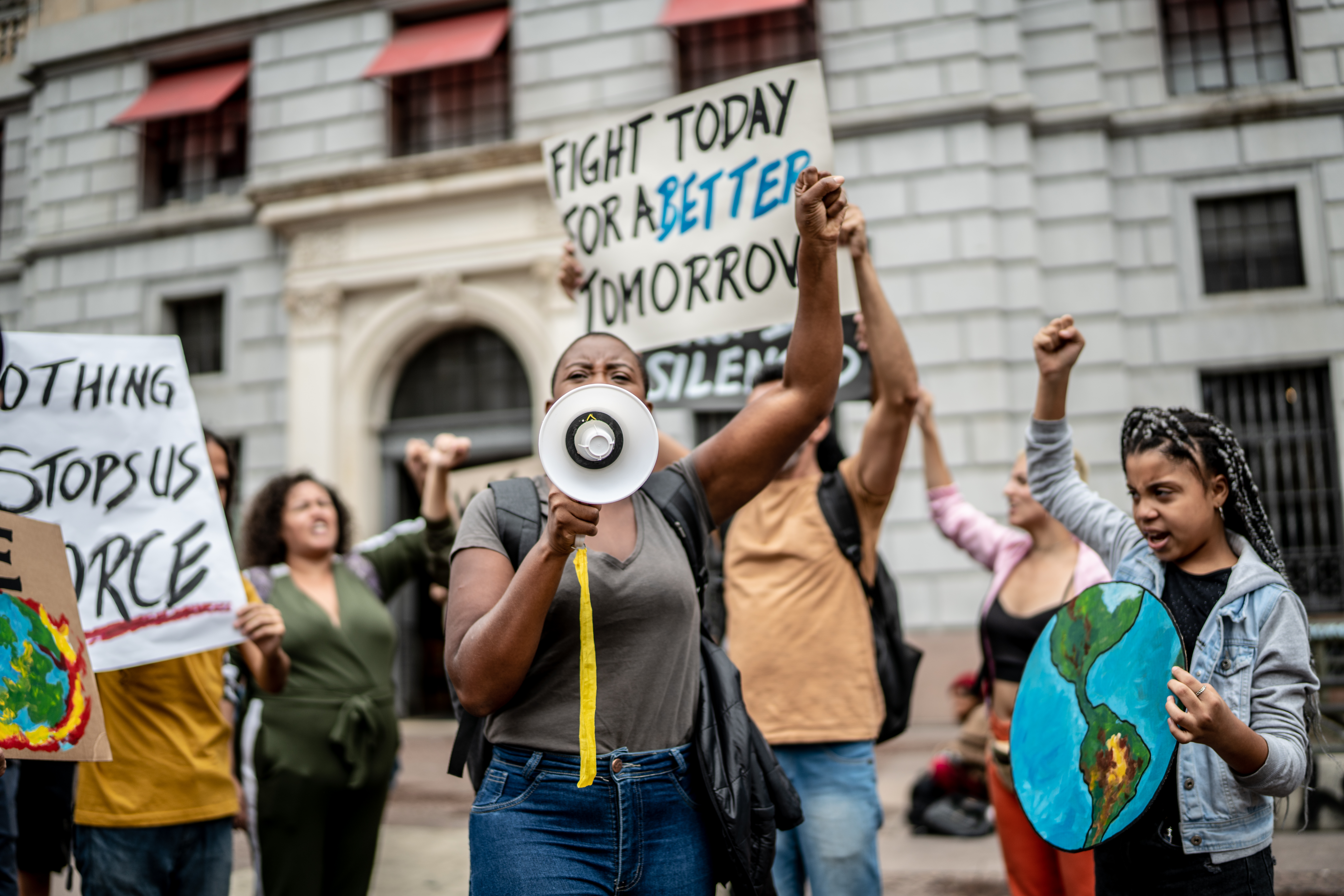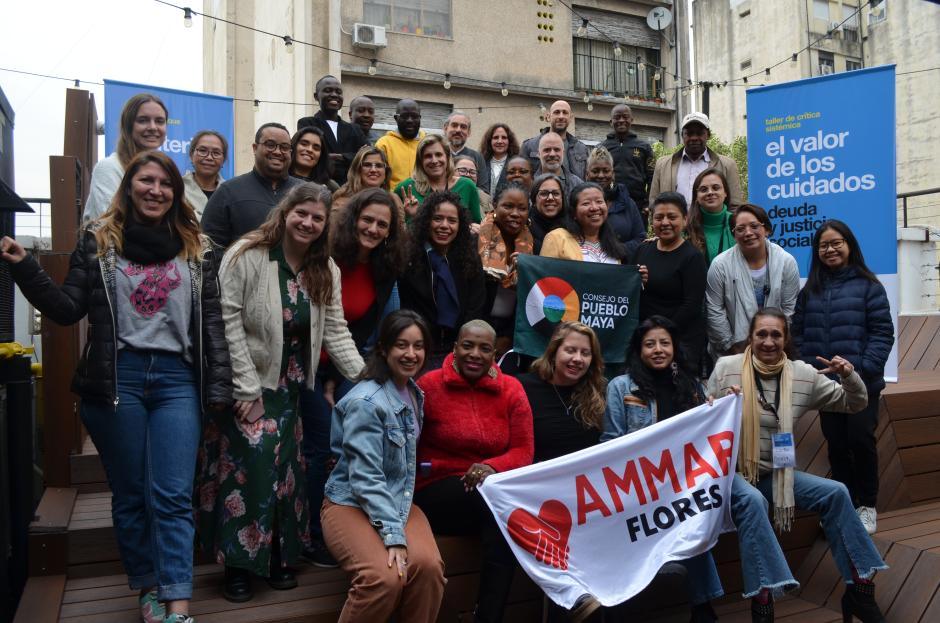As the pandemic and escalating climate crisis has exacerbated inequalities and reminded us of the centrality of care in our societies, ESCR-Net held the parallel event “Centering Care In a Feminist Intersectional Approach to Loss and Damage” during the of the CSW66 –United Nations Commission on the Status of Women. During the event, women’s rights advocates and feminist activists from across regions reflected on advancing action to ensure the rapid, equitable, ecologically sustainable, and just transition away from fossil fuels to a zero-carbon, regenerative care-based society focused on the well-being of people and the planet.
In their interventions, the participants underlined how the climate crisis and the resulting loss and damage disproportionately impact marginalized people, including women and girls in all their diversity, as well as across gender identities and sexual orientations, pointing to capitalism and patriarchy as structural drivers of the climate crisis. They also stressed the immense transformative power of feminist and environmental struggles when they are linked.
In her introduction, Kavita Naidu opened the session by reminding us that “women are the primary caretakers of our society – they sustain our economies by taking care of life and our social well-being.”
Echoing those words, Charlene May (Women’s Legal Center) invited to challenge the dominant narratives and approaches around care work, especially in light of the current Covid-19 pandemic. In her words, “we need to reject economic growth as the dominant and only paradigm of development and understand that limitless economic growth and pursuit of profit are unsustainable for all forms of life.”



